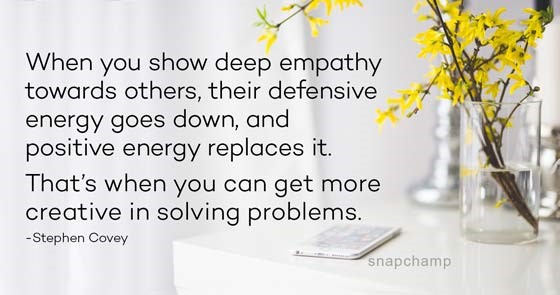When you read the word “reward,” I am betting your mind immediately went to you rewarding employees, or rewards you might receive from your employer, or rewards you might give to a client for a referral. Did rewarding yourself jump into your brain? The perspective of rewarding yourself may be foreign to you. Maybe you grew up in a family that espoused making your bed, doing the dishes, or taking out the trash were chores you should either want to do or do because you were a member of the family. Being rewarded for doing these things was not something your family valued. Regardless of the source, somehow you may have received the message that you do not deserve rewards, accomplishing the goal is all the reward you should need. In a utopian world, that might fly but you live in the real world in which changing habits and reaching goals can be tough! There exists a mountain of research for using rewards to reinforce positive behavior. You may long for kindergarten, where you a received a gold star for not eating paste! Rewards can be one of the most powerful gifts you give yourself and others. Today’s parents have used rewards with children very effectively and we can use them as a model for ourselves. There are many parenting websites that focus on changing children’s behavior through rewards. The Verywell Family parenting site sums it up well: https://www.verywellfamily.com/behaviors-that-respond-well-to-reward-systems-1094749. Adults can use the same concept. I have a client, who is a business owner, with some new sales goals for her business in 2022. The one major obstacle is getting to the paperwork she hates. That paperwork is necessary to keep the business running and to reaching those goals, but it is boring! She’s an extrovert who is excited and energized by others, being alone doing paperwork is drudgery. We have developed a reward system to get that necessary task done.
Every behavior you want to change, every new habit you want to develop, every goal that you seek can be reinforced by rewards. However, for this to work there may be beliefs you have to let go. You deserve to let go of the belief that to reward is juvenile and to reward is self-indulgent. Why fight what works? Here are components that are part of the system we have devised for her. She is not unique; I have created a similar type of system with many clients. Our first step was to identify what would feel like a reward to her. Then she identified that an hour of paperwork a day will be necessary. She plans to track that and at the end of the week she will assess how she has done. For each daily hour of paperwork, she will give herself a star. If she has five stars at the end of the week, she will go to T.J. Maxx and purchase an outfit; three stars and she’s off to purchase a desk accessory; one star earns her a new eyeliner.
Here are three components to remember when setting up a system like this:
- The rewards must feel important to YOU! This is your plan, and you don’t have to justify it to anyone.
- The rewards must be timely, the shorter the gap of time between the behavior and the reward the better.
- The rewards must be consistent, skipping a reward will diminish the effect of the reinforcement.
This is something I do myself. I own a Michael Kors purse that was purchased as a reward. It is a constant reminder of reaching an important goal.
There are all sorts of challenges you have in the workplace. A toolbelt full of tools is an asset in overcoming those obstacles. Using rewards is one more tool at your disposal.
If you are facing many challenges in your career and not reaching your goals in the workplace, guidance is only a click or a phone call away.
Email Kay@highheeledsuccess.com or call (513) 561-4288 and we will set up a time for a complimentary 45-minute telephone consultation.

